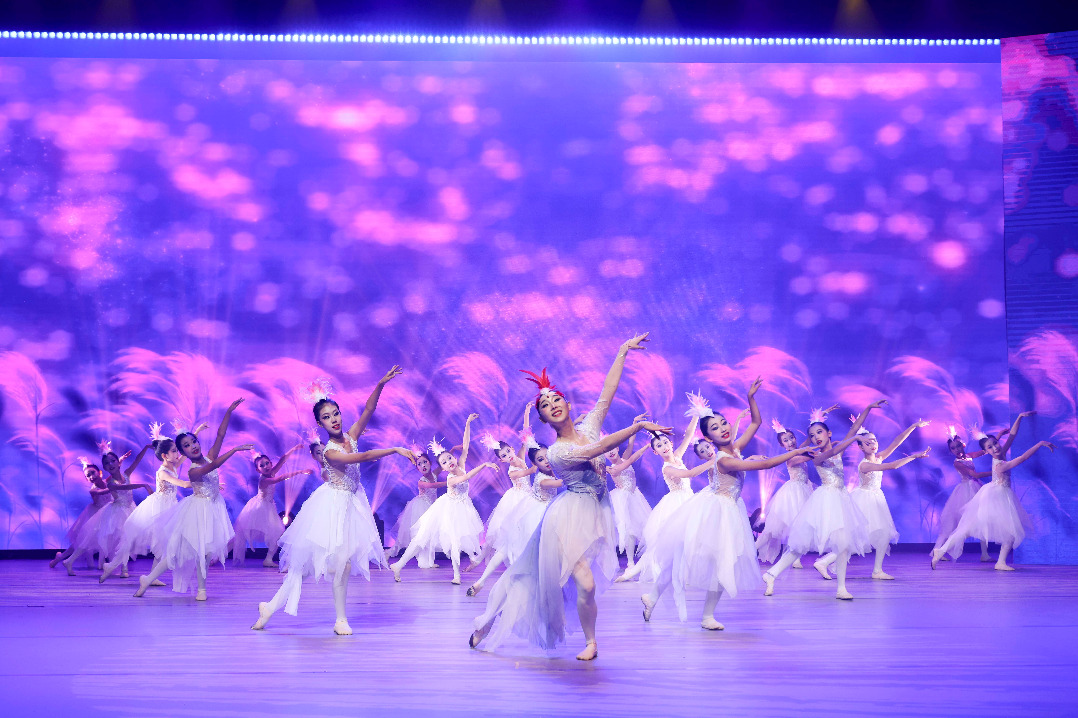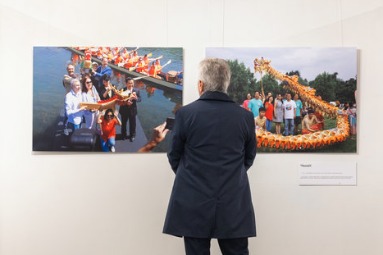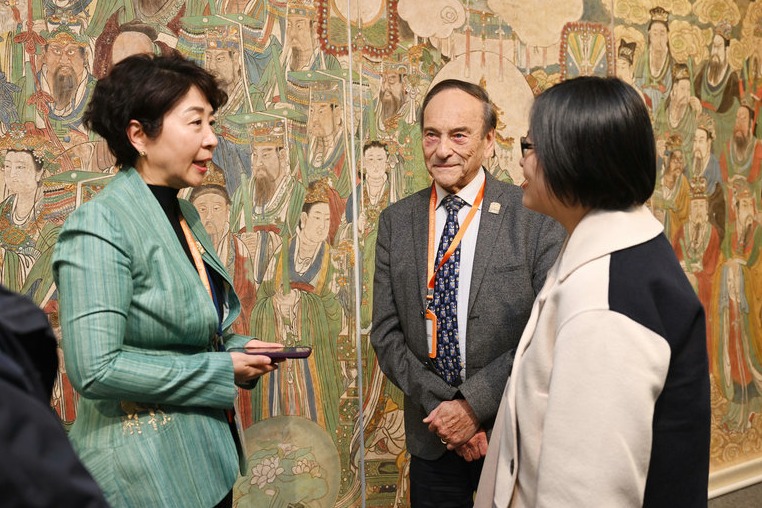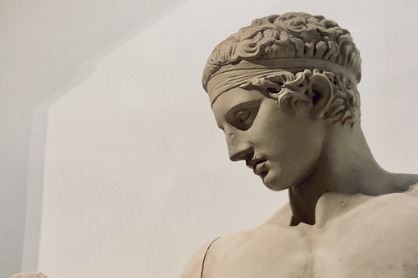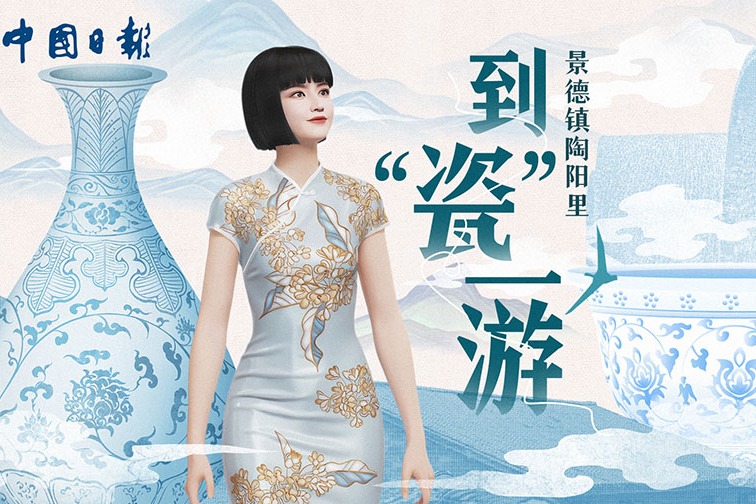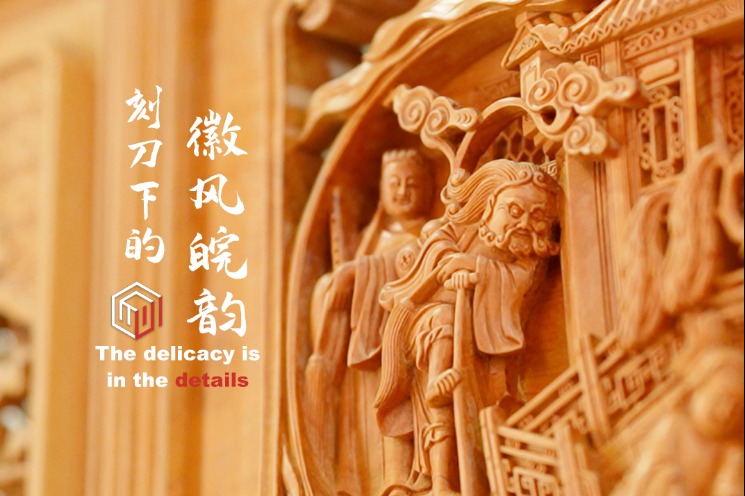Celebrating a bookish romance

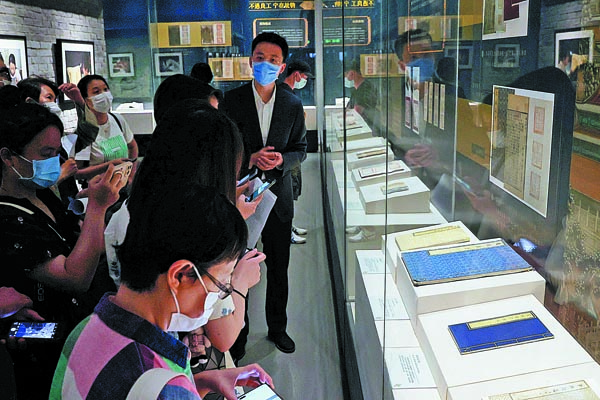
Restorers save ancient works as they usher in a new chapter of appreciation, Wang Kaihao reports.
The seventh day of the seventh month in the lunar calendar, known as Qixi in China, is widely seen as the Chinese counterpart of Valentine's Day. But ancient Chinese literati had their own romantic story, literally. On this day, they would display their book collections and bathe them in sunshine.
Scientifically, this method known as shaishu ("to dry the book under the sun") would help prevent moisture and bugs and better protect the pages, but it was also seen as a ritual to show off the literati's taste and knowledge in a tangible way.
On this year's Qixi Day, which fell on Thursday, a special shaishu event opened at the National Library of China. Though the books were showcased under artificial light instead of the sun, the first public appearance of these precious books might demonstrate not only an individual literati's taste, but a country's determination to prolong cultural lineage.
The exhibition displays 85 restored copies of Tianlu Linlang, a former royal book collection of the Qing Dynasty (1644-1911).
Many of these precious editions were once in a terrible state of disrepair. However, thanks to the eight-year effort of a team of restorers, their glamour has returned.
"Through the exhibition, we'd like visitors to not only see the important ancient books, but also understand the techniques used to fix them," Zhu Zhenbin, a leading restorer of Tianlu Linlang, says.
Tianlu was the name of the Han Dynasty (206 BC-AD 220) royal library-considered the earliest national library-and linlang is a term often used to refer to "precious books" in traditional Chinese culture.


















